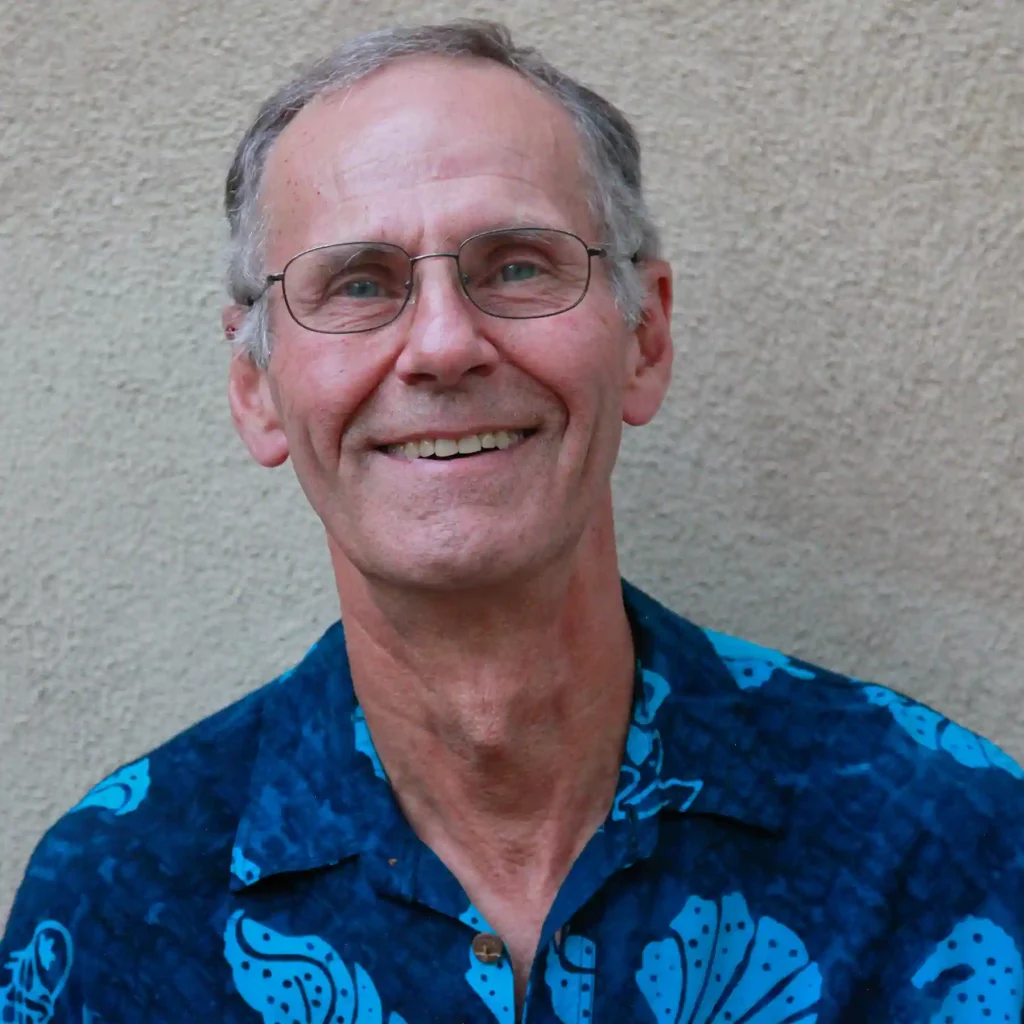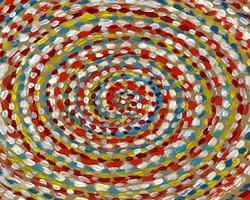There are people in the world who are seriously challenged by a chronic or acute illness, a physical limitation such as a missing limb, or an emotional disability that restricts their mobility or capability in life. Many of these people have the goal of abbreviation in this life, and are learning legitimate and important lessons from their challenges. Some of these people are navigating their lives without a great deal of ego invested in their problem. They are a great inspiration for the rest of us.
There are some common reasons why some people choose illness, dysfunction, disability, and physical challenges that have nothing to do with personal indulgence or ego driven motivations.
- Some choose physical challenges so that they can focus on developing another talent or skill. For example a deaf person may focus on seeing instead or a blind person may be a wonderful singer. A person missing a right arm will have to emphasize their left arm and hand instead. These are specific choices made either prior to birth or in some cases after birth that help with the development of an area that has been either neglected in other lives or not developed enough.
- Some choose physical problems to help them develop compassion for others with similar disabilities. Perhaps in the past they never related to people who had these types of challenges.
- There are those accomplishing great things who may want to inspire or motivate others to similarly accomplish great things even though they have serious limitations. This may be the case for someone like the physicist Stephen Hawking.
- There are some people who may want to demonstrate to themselves that they can be highly productive in life even though they struggle with huge physical challenges.
There is something that makes these people different from those whose illness or dysfunction is being used in the service of ego. They are often highly productive individuals who are not prone to complaining, blaming, or feeling sorry for themselves and even when they are not capable of being highly productive they are not blamers or whiners. These are the critical criteria that separate the two groups.
This brings our focus around to the others, those of us who suffer from occasional bouts of illness, depression, anxiety, or who may even suffer from chronic conditions, repeated illnesses that are for the most part, ego or false personality driven. The way you can tell if something is false personality driven is that there is a tendency to complain loudly, blame, or draw attention to the malady for secondary gain. Another way you can tell is that the person appears addicted to suffering and takes sadistic pleasure in frustrating others around them. This is the person who brandishes their crutches or dramatizes their symptoms for the sake of sympathy and attention. They may be seen frequently in the emergency room waiting area with nothing more serious than a mild fever or sitting in a wheel chair at the airport even though they are perfectly capable of walking onto the plane without assistance. Even some cases of depression or anxiety may be ego driven as well and are being used as a tool to either avoid life or punish others who are seemingly to blame. Let us examine these various scenarios to understand the mechanics involved.
Usually ego driven maladies begin in early childhood when we learn to use our intelligence to manipulate the world around us to get more of what we want: What we are looking for may be more attention, more love, more nurturing, more support, more comfort or the like. This starts out innocently enough, perhaps for a child whose parents are neglectful either for good reasons or not. A latchkey child figures out that they can get their mother’s attention by having a fever or a stomachache or an asthma attack. The fact that this works can make it stronger and stronger as the behavior gets reinforced with each bout, especially if it results in a trip to the hospital where nurses and doctors bustle about and fuss over the child’s symptoms. A hospital stay may be even more reinforcing as a power tool to get attention. The child quickly learns that being sick equals being attended to more. The pains and sniffles, the fevers and coughs may increase and may even become chronic. In more extreme cases the entire family may mobilize around the sick child with special diets, conditions, and restrictions.
These people, as opposed to those who are learning essence lessons from their conditions, have learned to manipulate their environments and the people around them for their own purposes. They seldom make a contribution to society but rather are a drain on it instead. They often confine themselves to their homes demanding that all services come to them. Frequently they suffer from what they claim are environmental illnesses, severe allergic reactions, or mystery pains and weaknesses that keep them from making any contribution to the world. Often they are angry, resentful, self absorbed, and martyred and are not particularly loving toward others. In fact it is quite common to sense a certain attitude of selfishness, a resentful demand that the world meet their needs. These attitudes and responses are very different from say a person who has Down’s syndrome or someone who despite their serious condition, seems genuinely accepting, loving, generous, and optimistic.

Remote Shamanic Healing
Each month, around the new and full moons, Jose, Lena or Anna leads a remote shamanic healing session. These approximately 30 minute sessions are designed to be experienced in a quiet, safe place free from distraction. Even if you cannot join live they can be very powerful, and always include a good clearing and beautiful icaros. These are live webinars where you cannot be seen or heard. You can hear the practitioner and see their altar for that evening. Recording access is included for 48 hours afterwards. See the product description for dates and times.
Unfortunately there are a great many people who sacrifice their health for attention, who sacrifice their whole lives in the hopes they can demand a little love, nurturing, or comfort. The indulgence has weakened them, and leads them inexorably to a worse fate. Each time they are rewarded for their sickness or dysfunction it makes it stronger and more chronic. When it is coupled with the dragon of martyrdom it can be deadly. Eventually no one likes to be around them and when doctors and therapists see them coming they experience dread. Partly this is due to the fact that no matter what they suggest or try, the patient usually rejects it and instead cops an angry, resentful attitude of “Why me?”
Some emotional illnesses are not so different from the ones we have been discussing, for example depression and anxiety. In subtle ways a child can learn that being depressed garners them more attention than just being another kid in a big family. If a child expresses anxiety it can be reinforced by the anxiety of the parents about their child’s fearfulness. In little ways anxiety and depression can be reinforced until they become full blown problem areas. Again there is a difference between those who struggle with depression and anxiety and still make a contribution to society and others who allow it to cease any meaningful productivity. Emotional disturbance that is reinforced in the service of the false personality often leads people to be more disconnected, worried, and self-absorbed.
In the United States and other developed countries we live in a world that is a minefield regarding being healthy or sick. The problems usually come around the extreme responses to emotional or physical illness of dysfunctions.
Here are some extremes and crazy making practices:
- Blame the seriously ill and deprive them of any services. Example: Then governor of California, Ronald Reagan emptied the mental hospitals and turned the mentally ill out into the streets considering them to be deadbeats and a drain on the taxpayers.
- Punishing the severely mentally ill with execution for committing crimes while hallucinating and listening to psychotically driven voices.
- Giving every condition a diagnosis and a label and legitimizing every condition as an excuse for being dysfunctional.
- Parents demanding their neurologically damaged children be mainstreamed in school to avoid stigmatization.
- Generally stigmatizing people for the slightest whiff of mental instability but rolling out the red carpet for those with clearly diagnosed physical problems.
- Insurance companies calling everything preexisting conditions to avoid payment and hospitals rolling out the red carpet for people with Cadillac policies who often do not need the service.
- Hailing servicemen and women as heroes for defending their country and then abandoning them when it comes to paying for their wounds and disabilities.
Obviously there are endless more discrepancies and extreme viewpoints when it comes to how we deal with ill people and how they view themselves. We live in a confused society that does not know what to make of illness, accident, and dysfunction. As a culture we still seem to view it as shameful, a failure, and personally weak to get sick or become wounded. This is the value system of young souls who still run the world of business and the political arena. They have tied injury, illness, and dysfunction to dollar amounts and of course this dehumanizes the whole experience.
On the other hand baby souls wear their illnesses like a badge of honor and want to be totally taken care of for the most minute of problems, many of which are of their own making. Baby souls tend to eat all the wrong foods, end up with diabetes and other diseases and then want everyone to pay for their terrible choices. The solution here is education, not telling them they are hopelessly sick. They need to be taught how to keep themselves healthy. No doubt it is difficult weaning them from their sugar.
Mature and old souls prefer non-traditional health care that allows them to take a more active part in their health care. Unfortunately many of these services are not covered by insurance policies so the older souls are forced to pay out of pocket for getting the treatment that is most effective for them.
Part of the crazy system is that the market place is built from those who are labeled sick and dysfunctional. Sick people are big business for the young soul investors. However illness is also very expensive for the taxpayers who pay for war veterans and other social services and people who pay for insurance, so it is bankrupting the country. Is their any money in prevention? The mature soul Europeans seem to think so.
What is needed is a more balanced approach to all conditions and more neutrality when it comes to how we view illness and injury. A clearer understanding of soul age would certainly help.
What you can do:
- When you are genuinely concerned over a condition, you should get help immediately because it is well understood that people with early diagnosis can be helped much more easily than ones who wait until it is too late. This is cost effective and discourages martyrdom.
- When you are suffering from an illness take care of yourself and do not infect others if what you have is infectious and acute.
- If you have a longer term condition then do your homework and with neutrality observe yourself to understand what the condition symbolizes: A lack of feeling loved, repressed anger, grief, and so on. Take care of this and let go of being chronically sick. If you are constantly getting this, that, and the other thing look at this with some suspicion. What is really promoting this set of problems? Perhaps on some level you want to be sick or injured for secondary gain. This will lead nowhere good.
- Also look at blaming and complaining with suspicion in your self. Realize that you may be a pawn of the false personality and it is having its way with you. What is your racket here? Who are you trying to punish? Who are you making wrong? Who do you want attention from? Take responsibility and clear it up. Often clear communication is the best way through.
Always bless yourself for being well and feeling good. Being well and feeling good is the natural state of essence. You deserve to be and feel this way. Any thing else is an important lesson and the sooner you learn it the sooner you can be well. As a reminder, illness, dysfunction, and injury, if it is not a special lesson, is just a racket that you would be way better off dispensing with. If this article made you angry, then you have work to do on your dragons. If you think you have no rackets, look again, you are just fooling yourself. As the commercial for paper towels says, “Life is messy, clean it up.”
Be well, be happy.
Tags:

José Stevens
José Luis Stevens, PhD is the president and co-founder (with wife Lena) of Power Path Seminars, an international school and consulting firm dedicated to the study and application of shamanism and indigenous wisdom to business and everyday life. José completed a ten-year apprenticeship with a Huichol (Wixarika) Maracame (Huichol shaman) in the Sierras of Central Mexico. In addition, he is studying with Shipibo shamans in the Peruvian Amazon and with Paqos (shamans) in the Andes in Peru. In 1983 he completed his doctoral dissertation at the California Institute of Integral Studies focusing on the interface between shamanism and western psychological counseling. Since then, he has studied cross-cultural shamanism around the world to distill the core elements of shamanic healing and practice. He is the author of twenty books and numerous articles including Encounters With Power, Awaken The Inner Shaman, The Power Path, Secrets of Shamanism, Transforming Your Dragons and How To Pray The Shaman’s Way.
Related Articles
The Evolution of Perception and Fear
The Challenge Of Creating Our Future
The frequency of the Earth is shifting, The hertz frequency of the earth is dropping temporarily while changes are being made from the core of…




